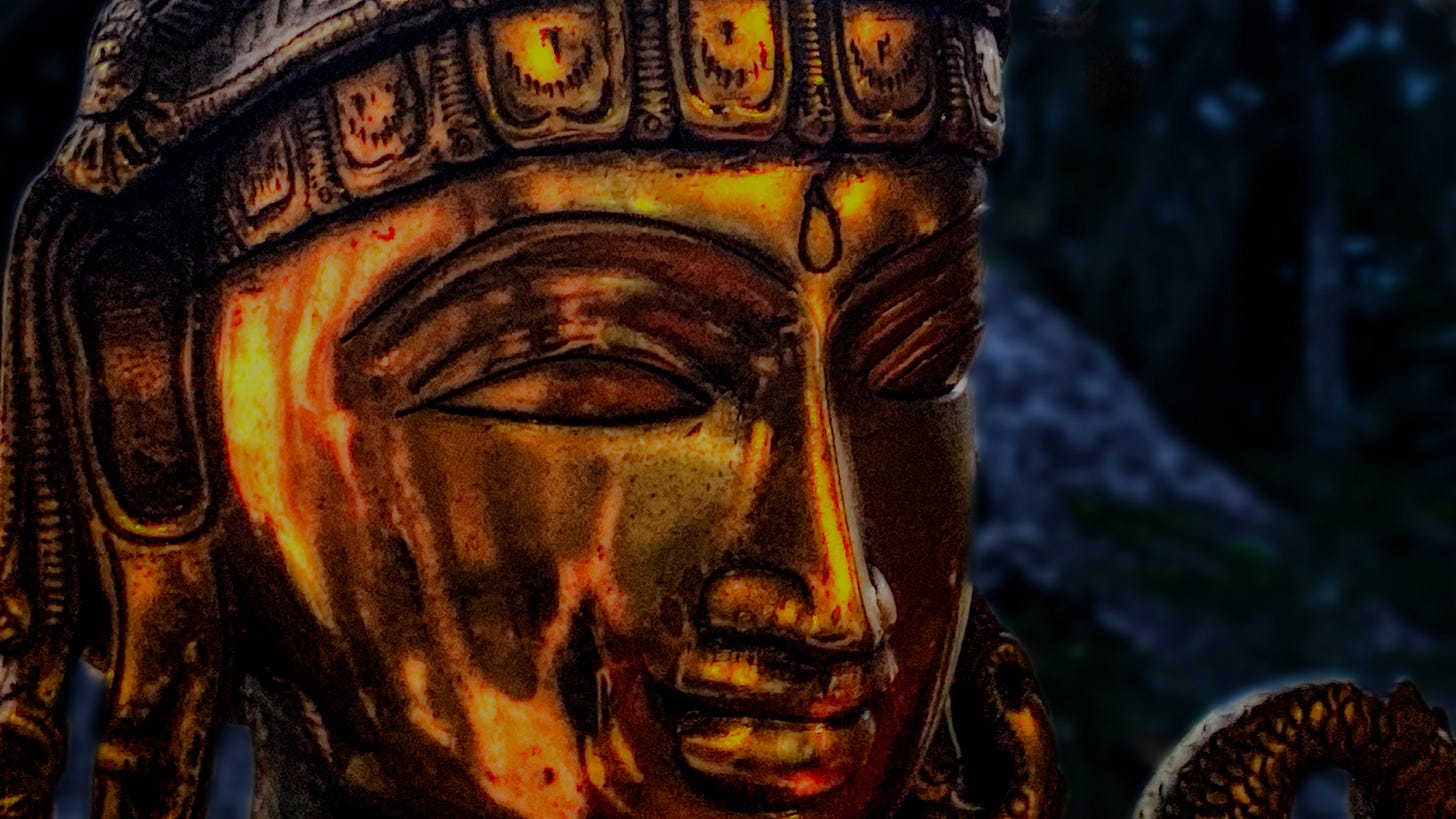WHAT AM I?
Empathy means nothing without actions.
I wrote last week about how the ongoing horrors in Ukraine, Israel and Palestine
are disturbingly affecting many people including myself.
We are feeling helpless, powerless and beginning to sense creeping cynicism
about our leaders (our donkeys)
and their trio of liberalism-free markets and human rights
which, corrupted by them,
have become the rusted guiderails of our ever more difficult lives.
These cruel, on-going wars reduce our collective sense of humanity.
Meanwhile the recent revelations about the 200 major oil corporations
are, under their veneer of a green wash,
continuing to invest in and search for more gas and oil
to blow into our strangled atmosphere,
is indicative of a species committing suicide.
These actions are what Max Weber, one of the founders of Sociology,
referred to as the irrationality of rationality.
He meant that while a set of actions may produce a desired outcome
for an institution, a government or a corporation (for instance)
it may at the same time bring disaster for others.
As: huge hamburger chains create substantial profits
which, within the limited goals of capitalism, seems rational
but at the same time endanger the planet, destroy people’s health and erode skills
while creating dead-end jobs, which is irrational.
Surely we need to see these things as being on the fringes of insanity.
A while ago I wrote that I believe there are two kinds of humans:
those who care about others,
who are capable of loving something beyond power and money:
these are the humanists.
And there are the others: the profiteers, the killers, the war mongers,
the CEOs, bankers, the entrepreneurs, the racists mobs,
who cannot link their actions to consequences on the environment
and on their brothers and sisters:
these are the psychopaths.
But there are many others I failed to mention who are neither caring humanists
nor psychopaths but exist somewhere in-between.
They are those whose strongest tendencies become apparent under stress:
they are otherwise disinterested, unconcerned and uncaring
or so worn-down by the difficulties of life
that they have lost or simply never developed a moral compass.
As always in a crisis,
I find my self-definitions need to be critically re-examined.
Whatever that outcome, I do not want to ignore painful truths,
fooling myself whilst searching for coverups and excuses,
or contriving illusions to protect my self-image.
Amongst my self-generating quizzes
I ask myself, “what one word would I use to describe who I am,
or perhaps what I am?
A professor at the Hay Literary Festival
proposed that the three most important words in all education are
“I don’t know.”
When I teach film and photography,
I propose to people that nothing happens without curiosity.
Curiosity leads to asking questions because there is something
“I don’t know”. In those moments truthfulness and thoughtfulness (critical thinking)
are of great value to the process because I wish to not live a lie.
How often do we listen to people attempting to rationalise their choices
rather than facing up to the reality
that there is a rift between what they wish to be
and how their actions define them.
(Empathy means nothing without actions.)
It seems people jump through intellectual and emotional hoops
to substantiate that there is no contradiction
between their idealised image of themselves (their mask) and their lived lives.
This creates a malignant conformity,
a double life of knowing while pretending not to know.
It’s one of the building blocks of ignoring self-realisation,
and it is perhaps this that leads to middle-age crisis and neurosis.
When I asked myself the ‘one word’ question,
I had an immediate answer but put it aside as being too quick, too obvious,
perhaps too smug or ego driven or defensive.
Since my middle teens people have accused me,
yes, accused me of being a romantic.
Too dreamy, too committed to ideals while ignoring the real world of money, reputations, whatever.
I thought that while some of that may be true,
there would be something underpinning those attitudes.
It may colour who I essentially am, but it is not the thing itself.
Others have accused me, yes accused again,
of being too intellectual, too brainy, too pedantic,
or even worse, as always wanting to be right about things.
I happily rejected that because,
although I know some of those accusations to be partly true,
I’ve come to accept the need for love
is more important to my humanity than the need for knowledge.
So, after more dithering, I returned to the one word I had placed aside:
that one word which does not seem contradictory to who I think I am.
Ever since childhood I have understood that I may be a MORALIST.
What do I mean?
That at the base of all my ‘shooting myself in the foot’ lifestyle,
my often poor choices in allies and business matters,
the central and crucial decision
has always been based on what I believed took the side of truth, justice, fairness
and empathy for others…
to protect the defenseless from being crushed by the powerful.
Your turn…


